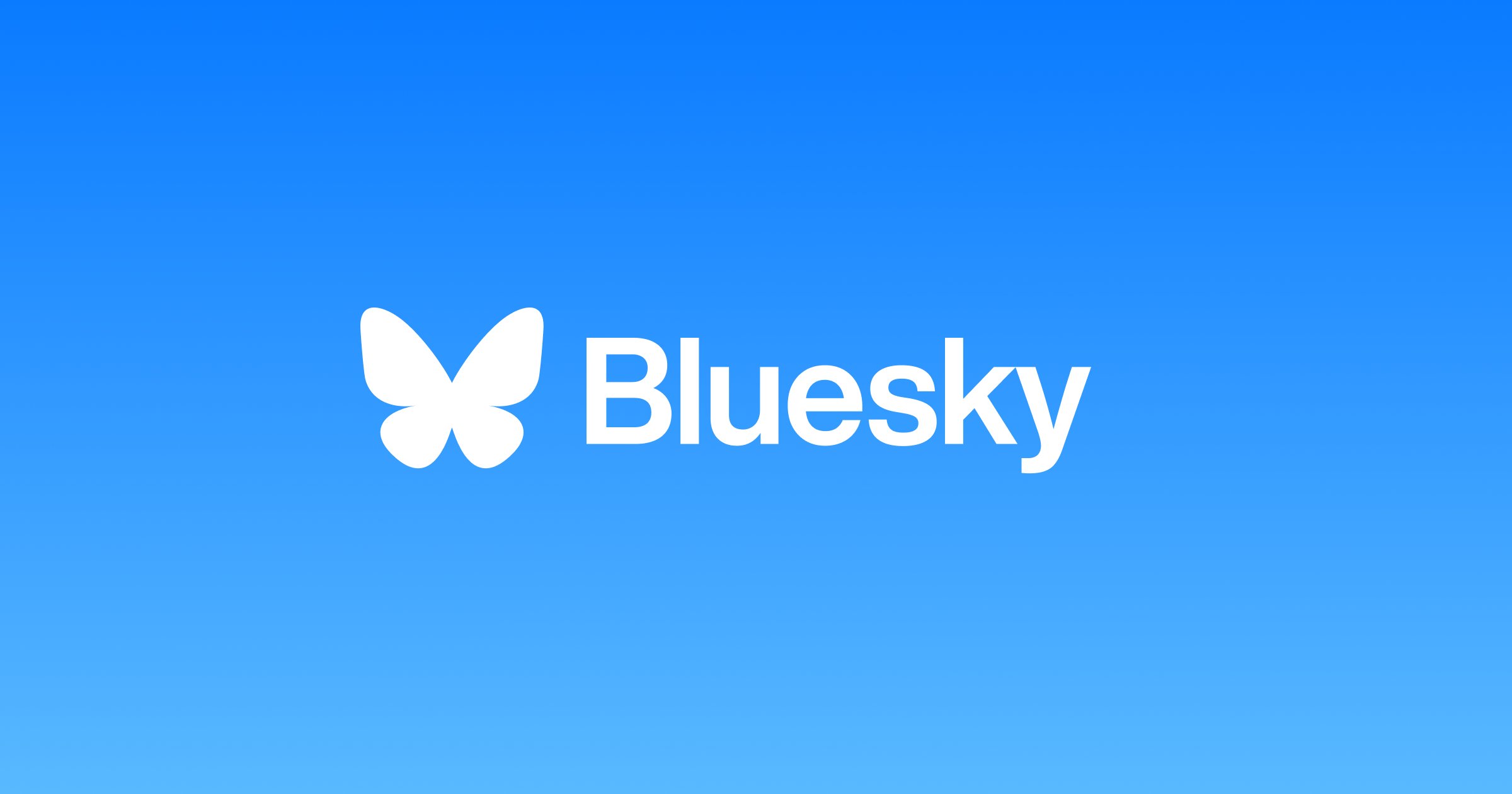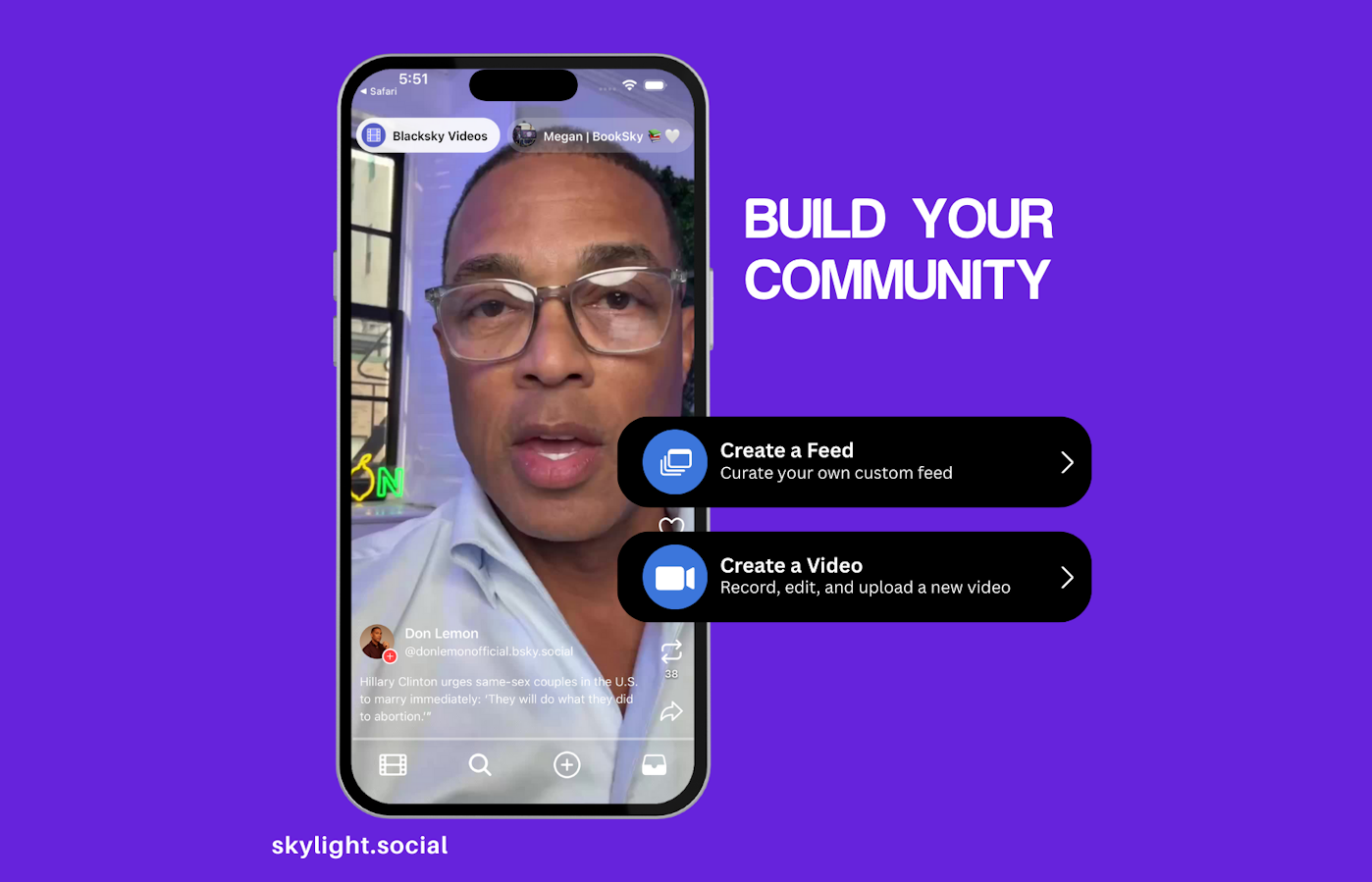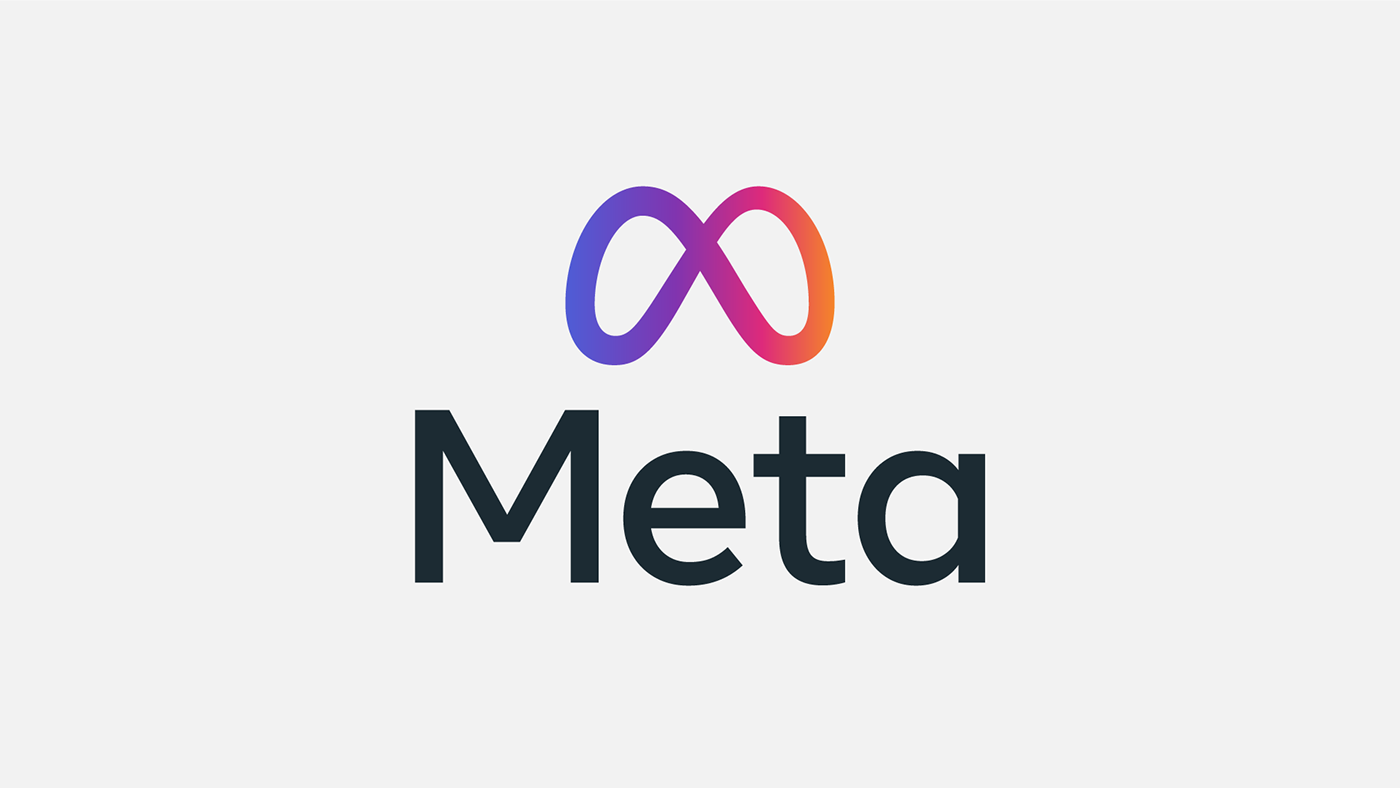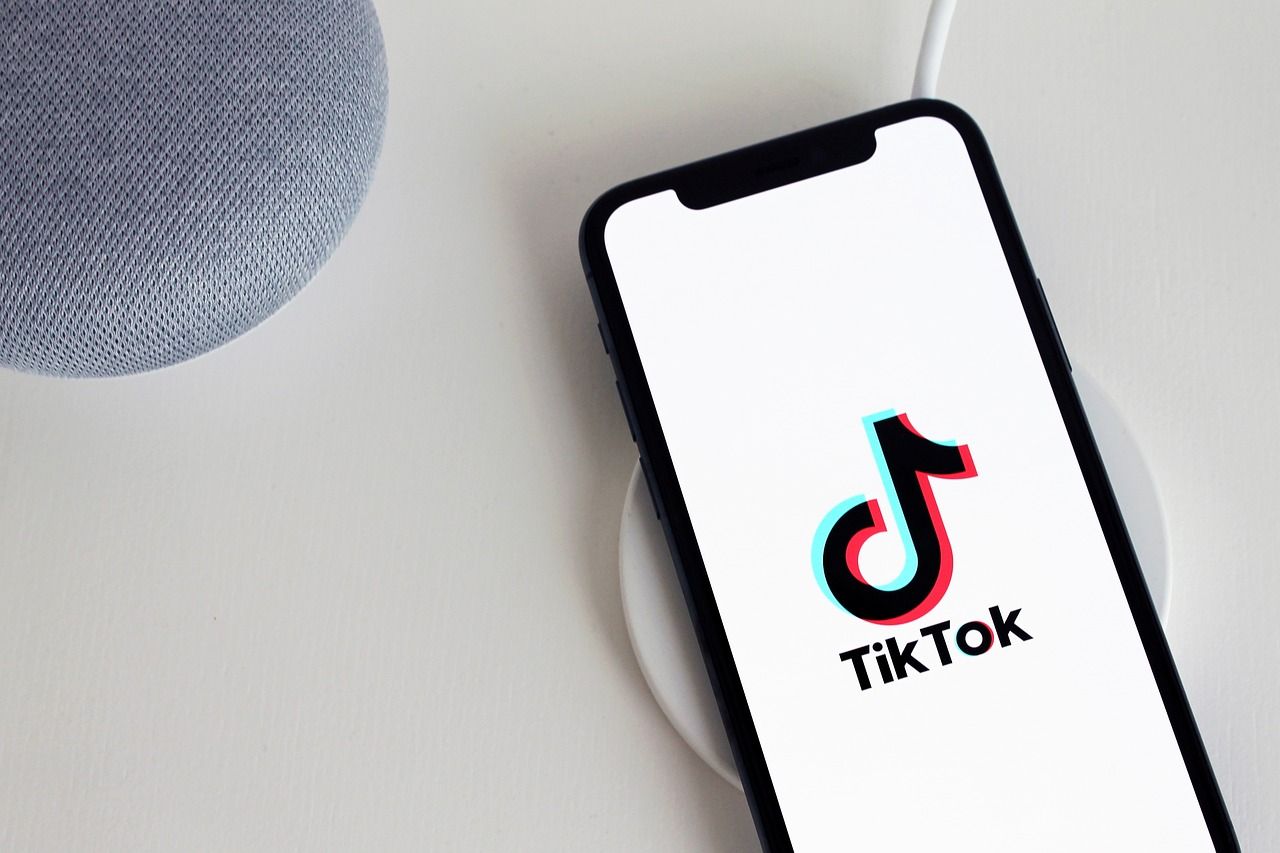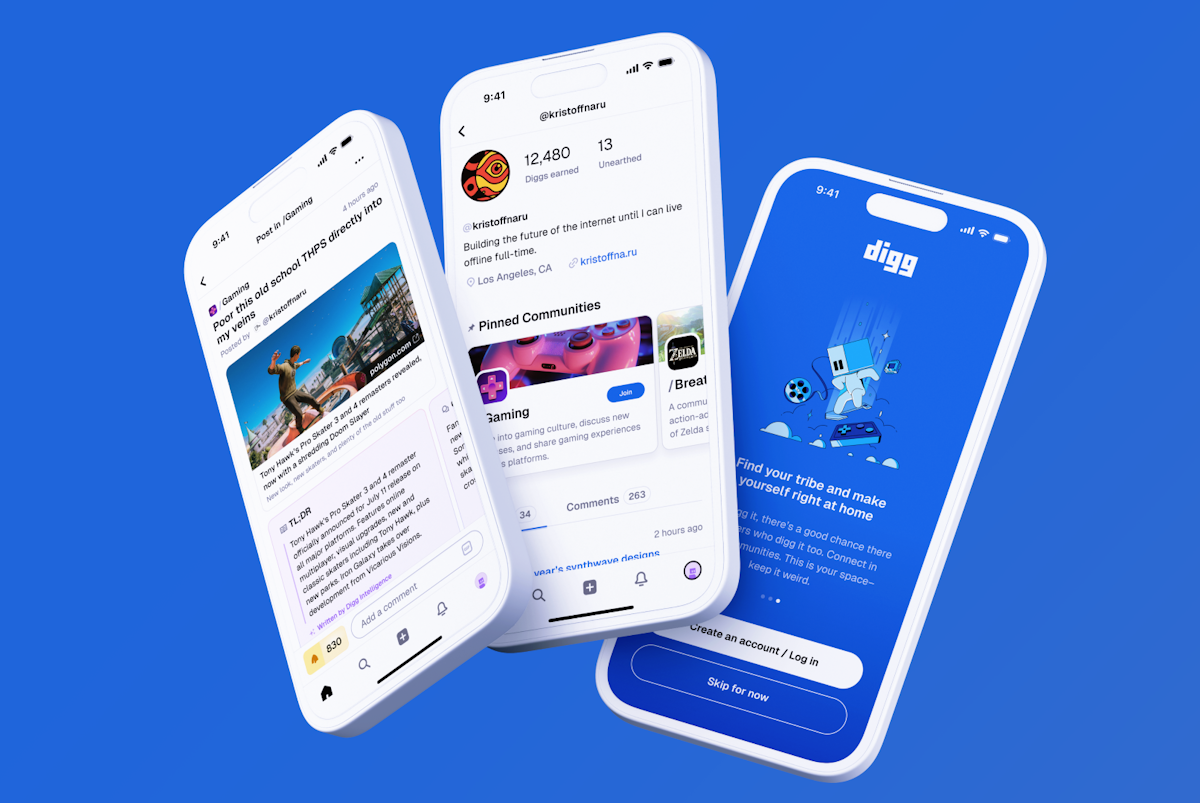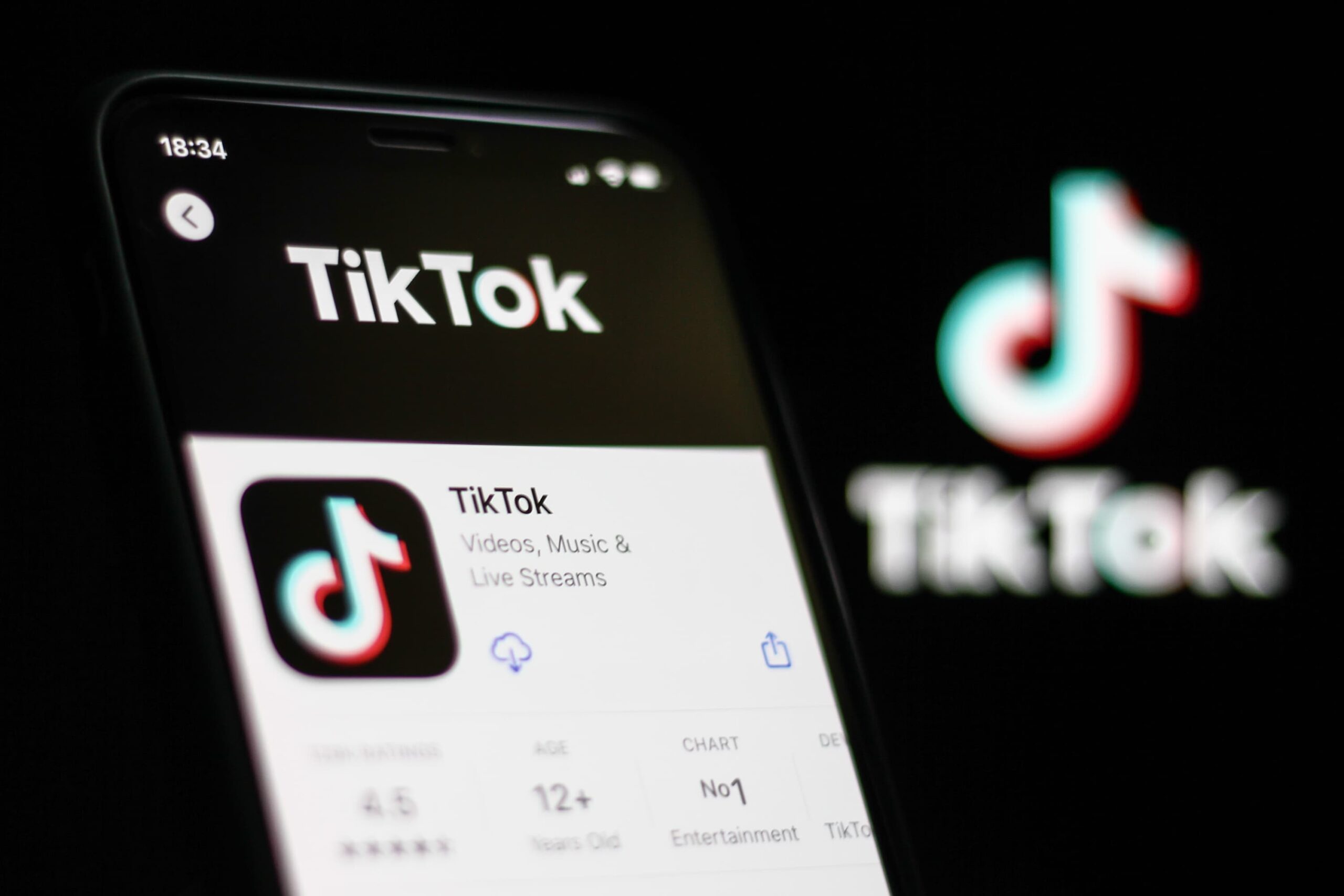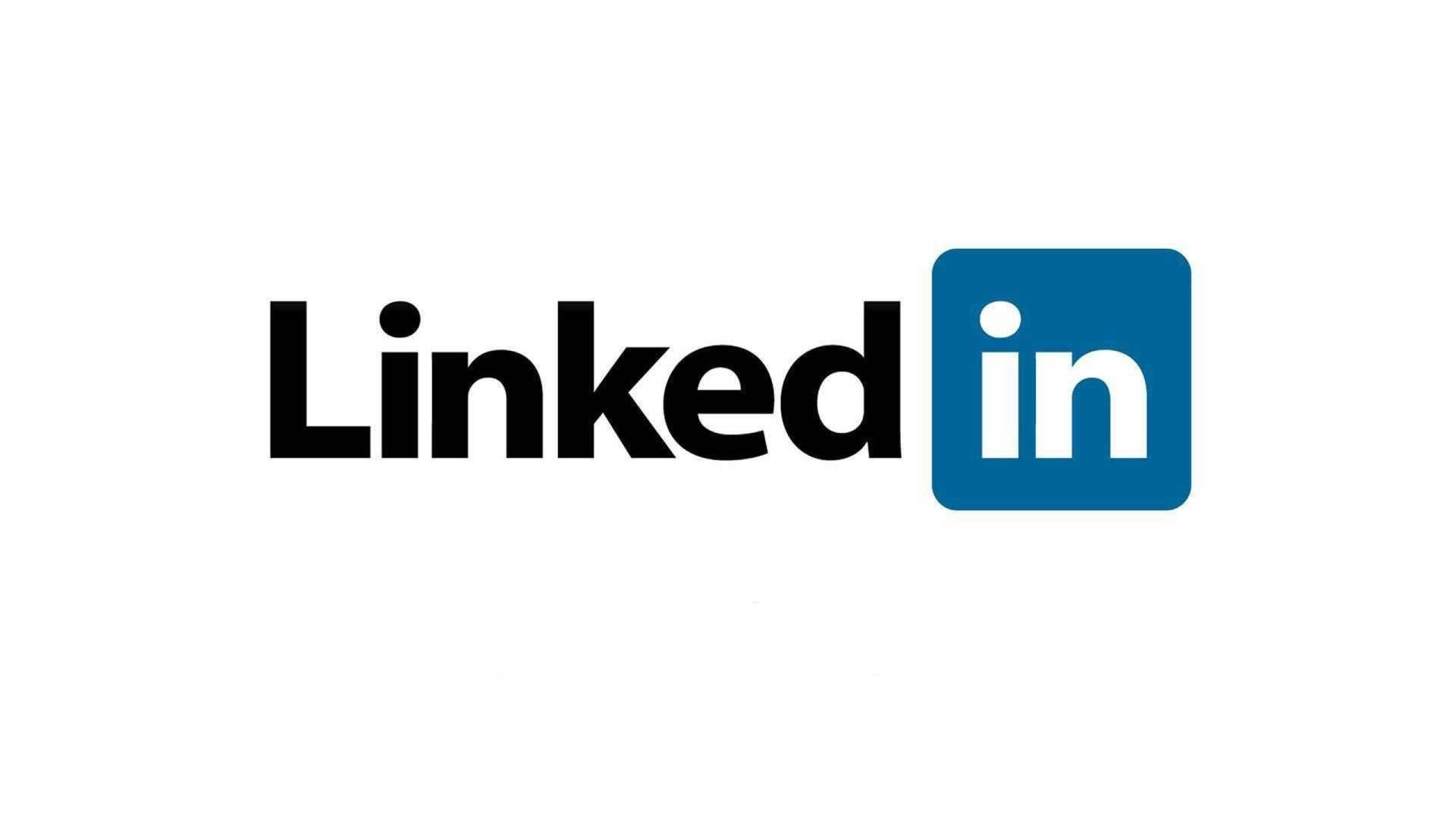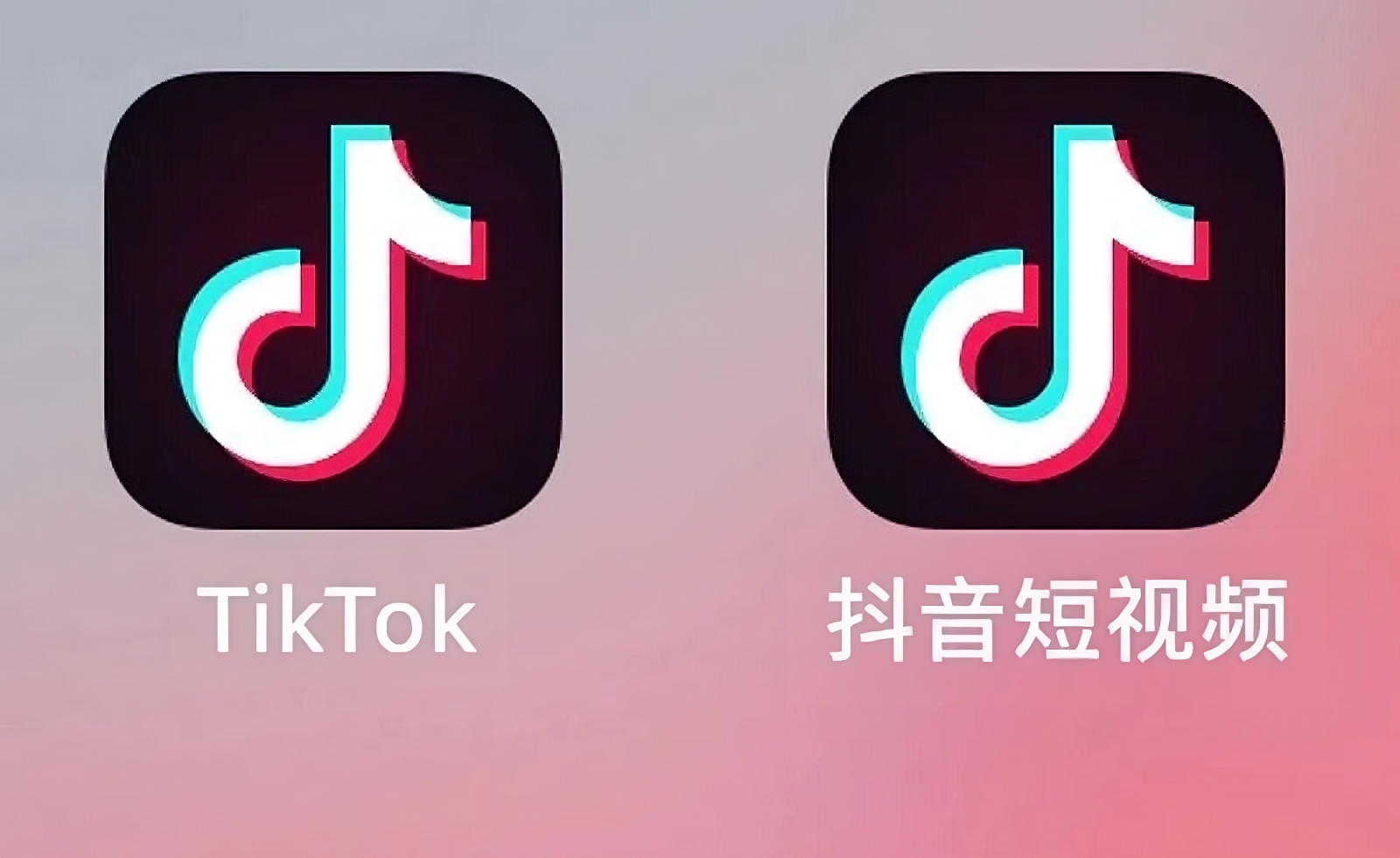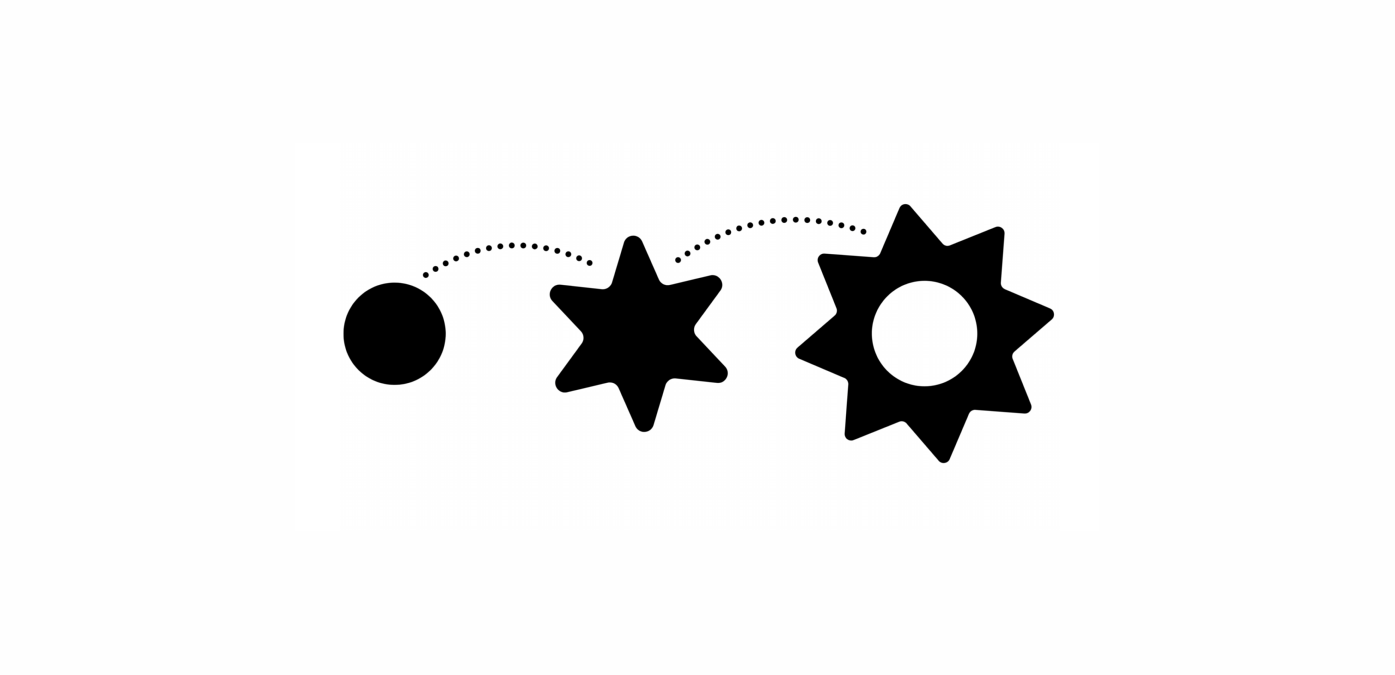Digg is getting a second life – and this time, it’s positioning itself as an antidote to the bot-saturated state of modern social platforms. Under the renewed leadership of original founder Kevin Rose and Reddit co-founder Alexis Ohanian, the early web staple is being reimagined as a space for authentic human interaction in a digital landscape increasingly shaped by AI-generated content. After its initial test launch back in April, the platform is starting to slowly spin up to a full release.
Speaking at The Wall Street Journal’s Future of Everything conference, Rose and Ohanian outlined their vision for the platform. They cited the rising influence of bots and generative AI in shaping online discourse as a critical threat to genuine community-building. “Probably in the last few years — since we’ve blown past the Turing test — [the dead internet theory] is a very real thing,” Ohanian said, referencing the belief that much of the internet is no longer generated by people.
To combat this, Digg’s reboot will experiment with tools like zero-knowledge proofs – cryptographic methods that can help verify whether a user is human without revealing personal information. Users might be asked to confirm identity through methods such as phone number verification or receive tiered access based on how “human” they appear.
The new Digg will also explore compensation models for moderators and creators, pushing back against what Rose described as the exploitative nature of unpaid community management. “I do believe the days of unpaid moderation by the masses… has to go away,” he said. While wary of AI’s impact on content authenticity, both founders emphasized they are not anti-AI. Instead, they aim to use AI for moderation and de-escalation — all in service of supporting real communities run by and for real people.
